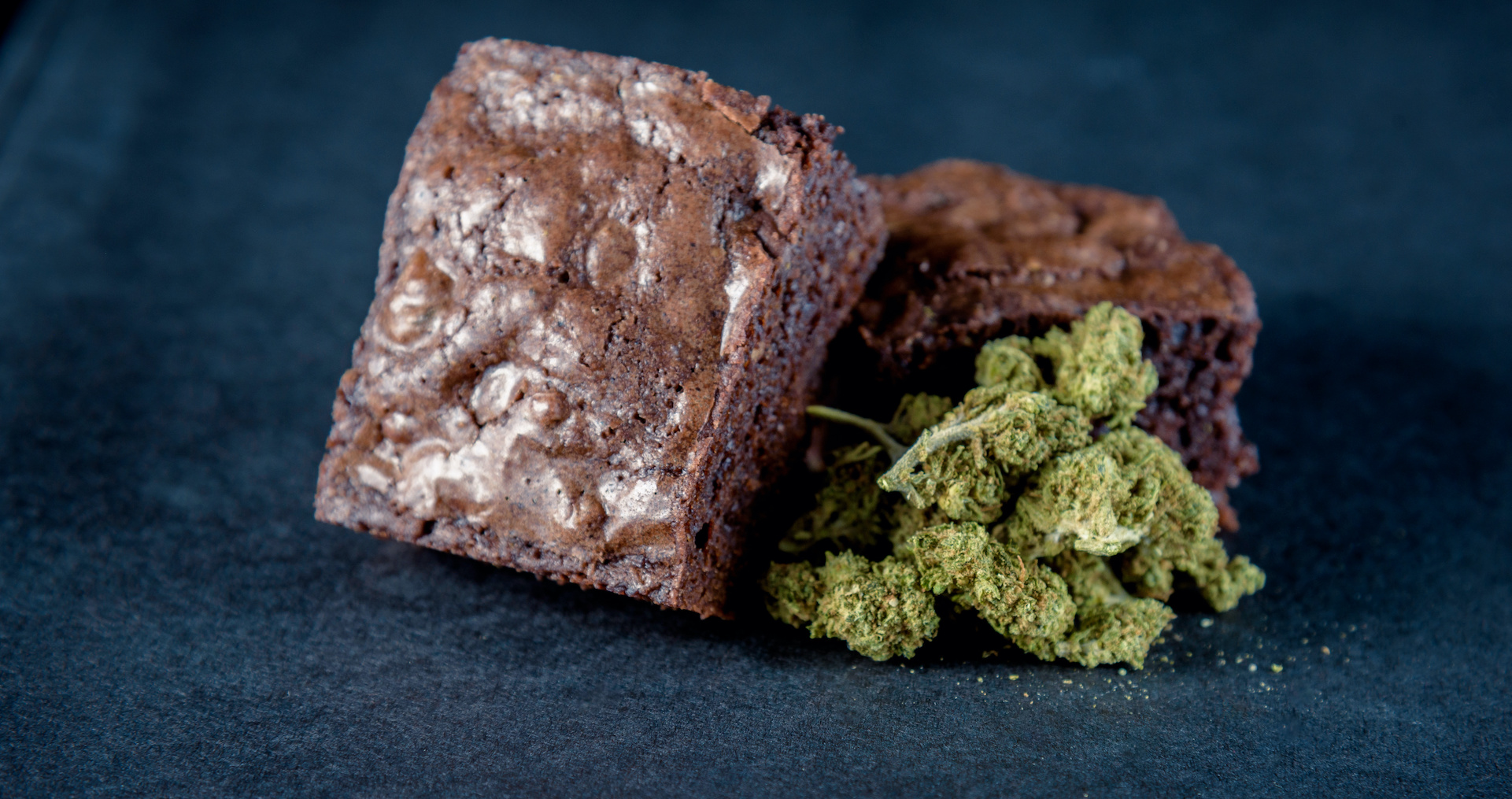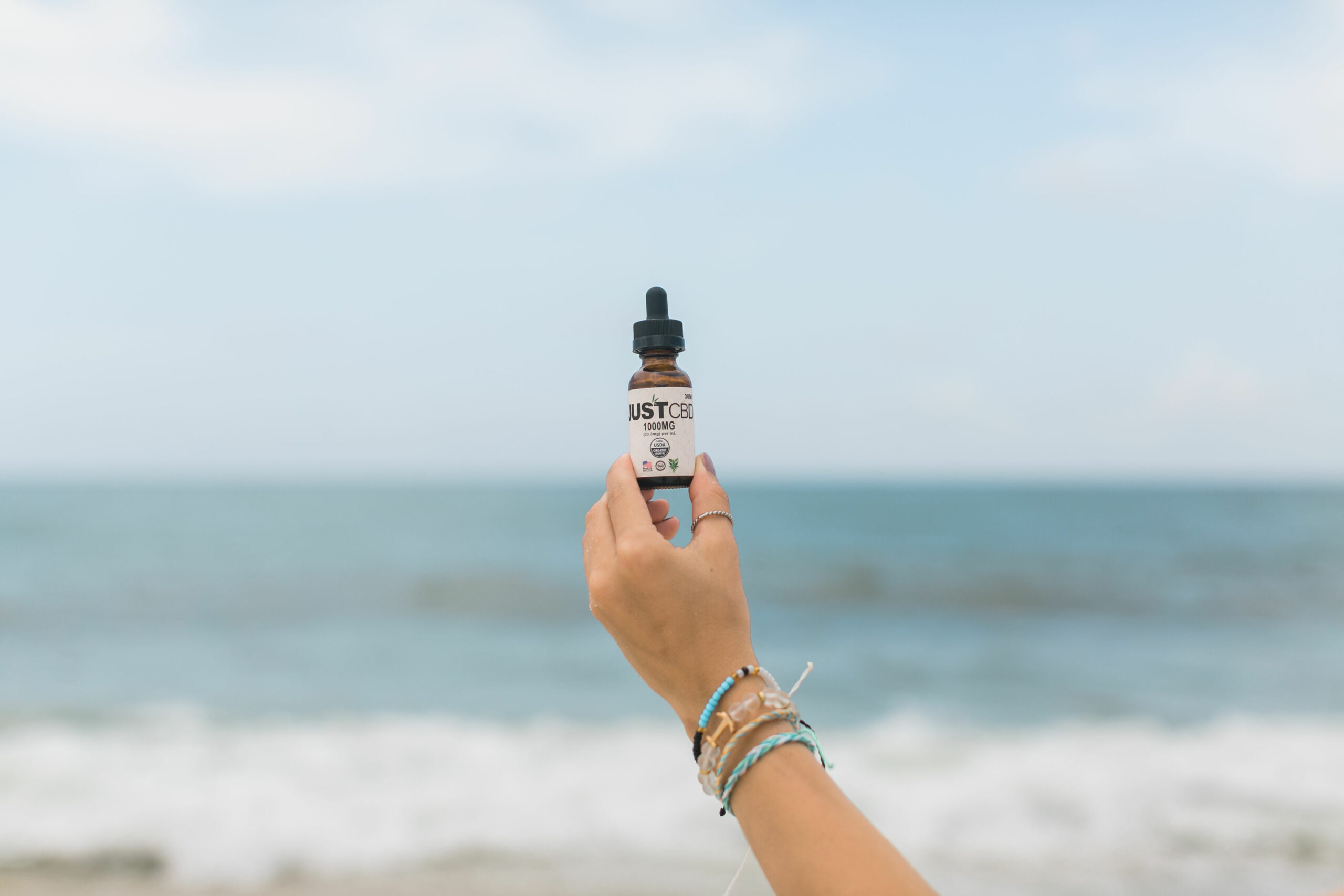
Many products are available that can help you fall asleep at night. These products include essential oils that can help soothe your mind and body. The This Works pillow Spray, for instance, has chamomile (vetiver), and lavender. All of these oils have been proven to relax you and help you drift off to bed. Luna Sleeping Night Oil, NIDRA diffuser oils and other products can also help you sleep better at night.
Neom Organics chamomile, passionflower and valerian root
Neom Organics passionflower and chamomile root essential oils are well-known for their ability to soothe both the mind and the body. These products have a relaxing effect on the body and mind. You can apply them to your skin before you go to bed. NEOM Perfect Night's Sleep Body Butter, for example, contains calming magnesium, shea butter, coconut oil, and grapeseed oil. Perfect Night's Sleep scent is also included in this body butter. You can also light a candle scented by these ingredients to set the mood if you're a nighttime person.
Passionflower, on its other hand, is known for its sedative effects and has been used to help sleep for centuries. It reduces stress by increasing GABA levels, and calms the mind. This can make it easier to fall asleep.

Luna Sleeping Night Oil
Sunday Riley Luna Sleeping Night Oil is a luxurious nighttime retinoid oil, packed with a retinol complex and plant-based active ingredients. This formula combats fine lines, wrinkles, and restores skin's radiant glow. It is easy to absorb and can be used all night. Just warm it between your fingers and apply to your face.
The formula includes retinol (one of the top ingredients in Sephora products). It is not recommended to be used during pregnancy, or by mothers who are nursing. Luna Sleeping Night Oil is an excellent choice for anyone looking to improve the skin's appearance and prevent chapping. The oil is completely non-irritating. It does not contain alcohol, parabens and gluten. It also contains aromatherapeutic essential oil such as blackberry seed, chia and avocado.
NIDRA diffuser oil
Diffusers of Nidra essential oils are a great way to fall asleep. It is a relaxing and calming oil that can be used to relax the body. It can reduce anxiety, insomnia, or congestion. Its pleasant aroma is soothing and herbaceous. This makes it great for insomnia sufferers.
The nervous system is calmed by Nidra essential oil. A balanced nervous system promotes restful sleeping and well-being. Because their nervous system is out-of-balance, many people have difficulty sleeping. Essential oils can affect the brain and nervous system in a profound way. They can also have a profound impact on mood and consciousness. Choose calming scents when choosing a diffuser oil. Lemon can, for instance, cause insomnia in some individuals.

Vitruvi diffuser
Aromatherapy, a centuries-old practice, has been used to promote sleep and well-being for many years. Essential oils such as Lavender and Frankincense can help you get a good night's sleep. You can either diffuse these oils or create your own blends by adding carrier oils. They can also rubbed onto meditation beads.
Vitruvi diffusers comes in a range of sizes. If you don't have a large bedroom or a large living room, you can purchase a small diffuser that can cover a smaller room. Vitruvi diffusers can be easily moved and charged, making them easy to use.
FAQ
How much CBD do you need?
The type of product you are buying will determine how much dosing is required.
Most CBD oils come in strengths ranging from 100mg to 1,000mg per bottle.
Some CBD products are made with precise dosages.
Charlotte's Web produces CBD products with high levels of CBD and other substances.
Begin with a low dose if you're not sure whether CBD will work.
It is possible to always go higher.
How can CBD products be promoted in a legal manner by CBD companies?
The FDA does NOT regulate hemp as an agriculture commodity. However, the agency regulates all other cannabis derivatives (e.g., marijuana) under the Controlled Substances Act. There are currently no regulations regarding CBD.
CBD is legal at state level in 29 US states. Federal law considers it illegal. This uncertainty creates uncertainty for CBD product sellers.
The FDA has strict guidelines regarding how CBD products can be promoted. The FDA requires that all CBD products clearly disclose their THC content. Without scientific evidence supporting this claim, CBD cannot be used to treat certain medical conditions.
Further, the FDA requires that manufacturers provide information on manufacturing practices and quality controls. To prove safety and effectiveness, they require that companies conduct clinical trials.
These factors should be considered by companies when they develop their marketing strategies.
What CBD products do you sell most?
CBD products are becoming increasingly popular. They are used for pain relief and anxiety. The market is huge and growing fast.
But why do people purchase CBD? How does this impact you as a brand manager?
Statista reports that CBD products have relaxing properties. They can also be used to treat inflammation.
This means that your product can be sold for medicinal or recreational purposes if it contains CBD and THC.
But what about brands which are focused on just one purpose? If a company sells CBD to relieve stress, it will be the only one that is competitive.
Also, if a brand is focused on CBD for medical reasons, it will have large customers.
A brand must have a unique selling proposition (USP) if they want to appeal to recreational users. A USP can be described as a unique selling proposition (USP) that is unique to a brand.
For example, some brands offer shipping free of charge, while others offer discounts when you order in bulk.
Is the CBD market saturated or not?
CBD industry has a growing rate of 25% annually. This growth is expected continue for at most five more years. The industry is expected to grow from $2Billion today to $5Billion by 2020.
Two companies are currently dominating the CBD market - GW Pharmaceuticals & Canndoc Ltd. Both are focused on developing pharmaceutical-grade products. Both have not been very successful to date. Both are struggling to gain traction on the market.
Cannabidiol (CBD), an extract from cannabis, contains less than 0.3% THC. It does not have any psychoactive properties. It is used for treating epilepsy and other medical conditions. It is also used to supplement a diet.
There are many types of CBD products. Some CBD products contain whole plant extracts. Others use CBD-rich cannabinoids.
All these products have in common that they contain low levels of THC.
They are thus legal under US federal legislation. But, you still have to adhere to local laws when selling CBD products. You should always verify your state's regulations for the sale of CBD products.
Additionally, CBD products in some states are illegal. These include California and Colorado, Florida, Mississippi. Missouri, New York. North Carolina. Ohio. Oklahoma. Oregon. Rhode Island. South Dakota. Texas. Utah. Virginia. Washington.
You will want to stay clear of CBD products if you are from one of these states.
Which states are the biggest consumers of CBD?
California, Colorado and Oregon are the top three states. These states have large populations and high incomes with low unemployment. They also have higher concentrations of hemp farms than other states.
California leads the way because its economy is heavily based on agriculture. It is home to a large amount of fruits and vegetables. Because cannabis comes from the same plant that hemp, this makes sense.
Oregon and Colorado follow closely behind as both states produce medical marijuana. California is the only state that allows recreational marijuana use, but these two states are not.
Other high-ranking states include Washington, New York and Florida.
Statistics
- HR −16 mmHg; 95% CI −26, −6; I2 = 92%) (ncbi.nlm.nih.gov)
- As a substance that was federally illegal before the passage of the 2018 Farm Bill, hemp-derived cannabinoids with no more than 0.3% THC still face a regulatory grey area. (forbes.com)
- CBD seems unlikely to directly influence sleep in healthy humans [115] (and maybe “sleep-promoting” in those with certain comorbid conditions) (ncbi.nlm.nih.gov)
- OralWhere HED is the human equivalent dose, and Km is a correction factor estimated by dividing the average body mass (BM) of the species (60, 0.020, and 0.150 kg for 11 humans, mice, and rats, respectively) and by its surface area (see: Nair et al. (ncbi.nlm.nih.gov)
- A recent systematic review of human trials also reported that individuals with epilepsy receiving CBD (5–20 mg·kg−1·day−1) were more likely to experience decreased appetite than those receiving placebo (i.e., ~20 vs. 5% of patients) (ncbi.nlm.nih.gov)
External Links
How To
How to get certified for selling CBD products
CBD (cannabidiol) is one of the hundreds of cannabinoids found in cannabis plants. It has been used medicinally in many countries throughout history, including traditional Chinese medicine and India. The ability to treat conditions such anxiety, pains, epilepsy, and inflammation has made CBD products extremely popular in recent times. But if you want to start selling CBD products, there's no official certification program available yet -- at least not in the U.S. That means anyone who wants to make money off their own line of CBD products has to rely on the "unofficial" process of self-certification.
There are two ways to go about this. The first option is to join a canna business association. By joining a local association of canna-business owners, you will be able to learn from others and receive support and advice. There are many organizations in the United States. You can also go online and start your own business. The majority of states allow cannabusinesses to be online. If your state allows online canna-businesses, you can immediately set up a website and begin accepting orders. However, you will still need to register at your state's Department of Public Health. Once you have been registered, you will be able apply for a state license through the department of public health. After receiving your license, you are legally allowed to open a store and start accepting orders.